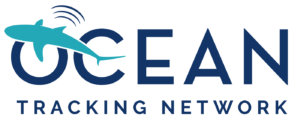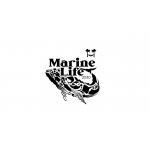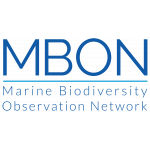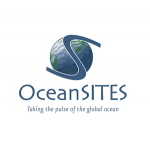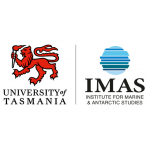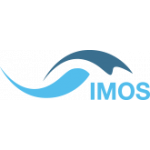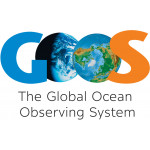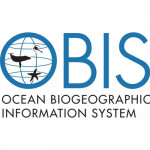OTN
Ocean Tracking Network
Established: 2008
| Organisation type: | Programme |
| Geographical scope: | |
| Member countries: | Canada |
| Participating countries: | Angola, Australia, Bahamas, Brazil, Canada, Cape Verde, China, Comoros, Costa Rica, Denmark, France, Germany, India, Indonesia, Ireland, Israel, Japan, Kenya, Madagascar, Mauritius, Mexico, Mozambique, Norway, Portugal, Réunion, Seychelles, Somalia, South Africa, Spain, Tanzania, United Republic Of, Thailand, United Kingdom, United States |
| Funding source | Percentage |
|---|---|
|
%
|
|
|
%
|
|
|
%
|
|
|
%
|
|
|
%
|
|
|
%
|
|
|
%
|
|
|
%
|
|
|
%
|
Organisation’s vision:
Secure movement pathways that sustain healthy wild animal populations, championed by informed rights holders and stakeholders.
Organisation’s mission:
To be a global leader in supporting research that enables the understanding and stewardship of aquatic animal populations and sustains human use of aquatic biological resources in the face of a changing ocean environment.
Organisation’s objectives (if different from the Mission):
The OTN platform provides unique capabilities to globally document the movements and survival of aquatic animals in the context of their environment. To do this, OTN:
1. Supports the research of a globally distributed network of national and international marine and fresh water experts.
2. Addresses, through research collaborations and partnerships, pressing aquatic conservation issues at local, regional, national, and international scales.
3. Trains the next generation of top specialists in interdisciplinary ocean sciences, animal movement ecology, engineering and technologies, statistical analysis and modelling, and marine policy and conservation.
4. Unites international communities by operating an internationally-certified (Associate Data Unit-Intergovernmental Oceanographic Data and Information Exchange) data system.
5. Maintains, in harsh ocean conditions, a robust and agile infrastructure that can monitor fixed stations for extended periods, conduct strategic mobile observing (e.g., through gliders or large animals carrying ocean and animal monitoring tags), and can also be rapidly redeployed to address new issues and questions.
Keywords
- animal tracking
- ocean biodiversity
Activities
- Data management, interoperability, sharing, access, open data policies
- Technical coordination of ocean observing
- Training scientists/technicians
